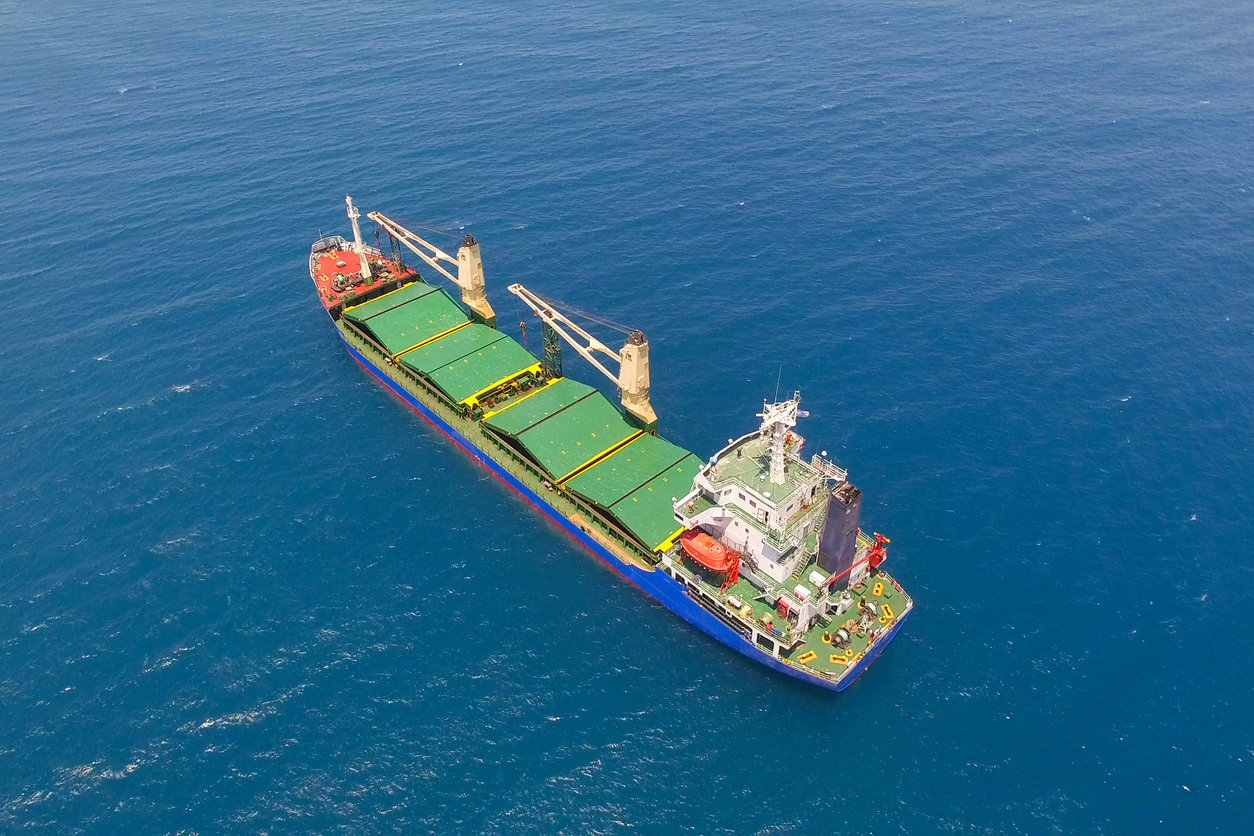Understanding the Dry Bulk Index in Nigeria
The Dry Bulk Index (DBI) is a key economic indicator in global shipping, reflecting the cost of transporting major raw materials such as coal, iron ore, grain, and other bulk commodities. While the Dry Bulk Index is calculated globally by the Baltic Exchange, its relevance to Nigeria lies in the nation’s significant role in exporting and importing bulk goods.
This article explores the concept of the Dry Bulk Index, its implications for Nigeria’s economy, and the key factors that influence dry bulk shipping in the country.
What is the Dry Bulk Index?
The Baltic Dry Index (BDI) is a composite measure of freight rates across various shipping routes, vessel sizes, and types. It provides insights into the supply and demand dynamics of bulk shipping worldwide.
Relevance to Nigeria
In Nigeria, the Dry Bulk Index serves as an indirect indicator of shipping costs for raw materials, such as:
- Exports: Cocoa, limestone, solid minerals, and agricultural products.
- Imports: Fertilizers, cement, wheat, and other industrial inputs.
Impact of the Dry Bulk Index on Nigeria
- Export Revenues:
Higher freight rates, as indicated by the BDI, can increase transportation costs for Nigerian exports, potentially impacting their competitiveness in global markets. - Import Costs:
Nigeria relies heavily on imports for industrial raw materials. A rising Dry Bulk Index translates to higher import costs, which can affect production expenses and consumer prices. - Economic Planning:
The BDI provides insights into global trade conditions, helping Nigerian policymakers and businesses anticipate trends in shipping and trade.
Key Drivers of Dry Bulk Shipping Costs in Nigeria
- Port Efficiency:
Nigeria’s major ports, such as Apapa and Tin Can Island in Lagos, play a critical role in bulk shipping. Delays and inefficiencies at these ports can drive up shipping costs. - Infrastructure Challenges:
Shallow drafts and outdated port facilities limit the size of vessels that can dock in Nigeria, impacting the cost-efficiency of bulk shipping. - Global Shipping Trends:
Changes in global demand for bulk commodities, fuel prices, and vessel availability influence freight rates in Nigeria. - Security Risks:
Piracy in the Gulf of Guinea increases insurance premiums for ships operating in Nigerian waters, indirectly affecting bulk shipping costs.
Nigeria’s Role in Dry Bulk Shipping
Major Ports for Dry Bulk Cargo
- Lagos Port Complex (Apapa): Handles agricultural exports and imports like wheat and fertilizers.
- Onne Port: A hub for industrial bulk imports and exports, particularly in the oil and gas sector.
- Calabar Port: Known for handling bulk solid minerals and agricultural products.
- Port Harcourt Port: Supports the shipment of industrial raw materials and mining products.
Key Commodities Moved Through Nigeria
- Exports: Cocoa, sesame seeds, limestone, and other solid minerals.
- Imports: Fertilizers, grains, and construction materials.
Challenges in Dry Bulk Shipping in Nigeria
- Port Congestion:
Overcrowding and inefficiencies at major ports, such as Apapa, lead to increased waiting times and higher shipping costs. - Regulatory Issues:
Complex customs procedures and overlapping agency responsibilities slow down cargo clearance. - Security Concerns:
The Gulf of Guinea is one of the most piracy-prone regions globally, posing risks to vessels operating in Nigerian waters.
How Wigmore Trading Supports Dry Bulk Shipping in Nigeria
Wigmore Trading is a key player in Nigeria’s dry bulk logistics sector, offering efficient solutions to mitigate challenges in the industry.
Services Provided:
- Bulk cargo transportation for imports and exports.
- Port handling services to reduce delays and costs.
- Expertise in navigating Nigeria’s regulatory and logistical landscape.
By partnering with Wigmore Trading, businesses can optimize their dry bulk shipping operations and reduce costs.
Future Outlook for Dry Bulk Shipping in Nigeria
With ongoing investments in port infrastructure, such as the Lekki Deep Sea Port, and improvements in logistics efficiency, Nigeria is poised to enhance its position in the global dry bulk shipping market. A focus on security and regulatory reforms will further reduce shipping costs and attract more international bulk carriers.








Comments are closed.